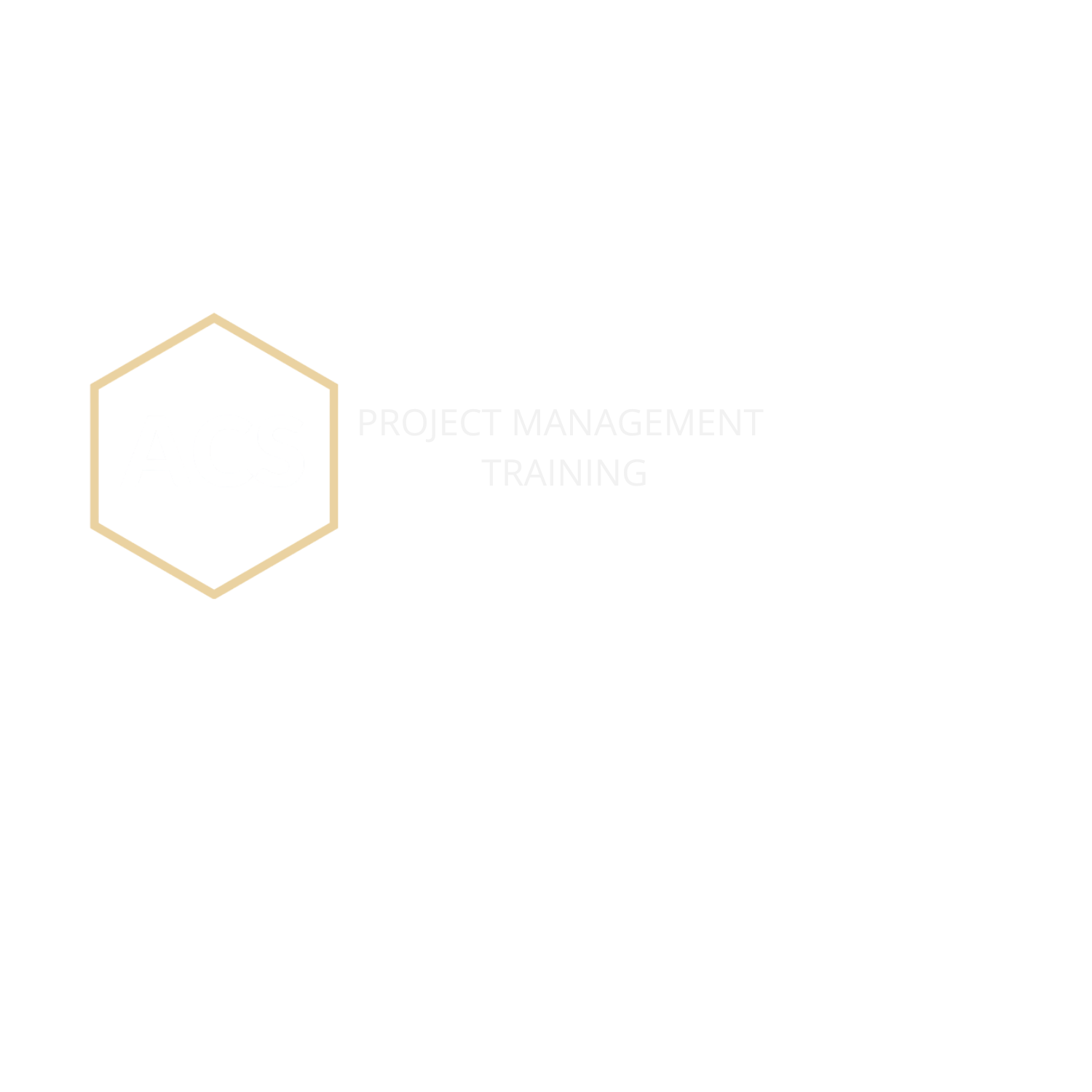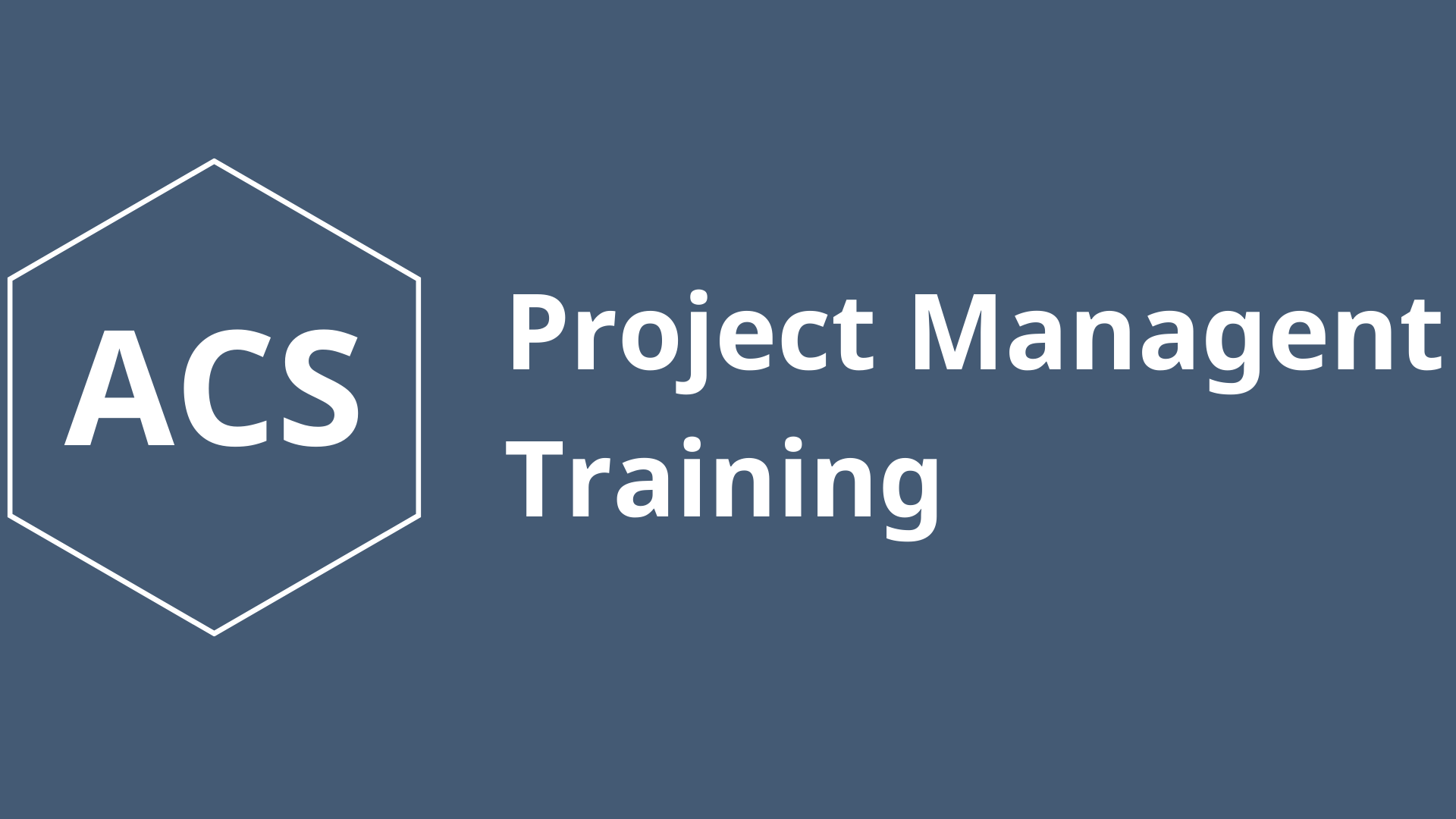AI in Construction: Streamlining Operations and Reducing Waste
March 10, 2024
Introduction
The construction industry is undergoing a significant transformation with the integration of artificial intelligence. From project planning to execution, AI technologies are helping construction companies streamline operations and reduce waste across all phases of development.
Key AI Applications in Construction
1. Predictive Analytics for Project Planning
AI-powered predictive analytics are revolutionizing how construction projects are planned and executed. By analyzing historical data and current project parameters, AI systems can:
- Predict potential delays and cost overruns
- Optimize resource allocation
- Identify potential safety risks
- Improve scheduling accuracy
2. Autonomous Equipment and Robotics
The use of autonomous construction equipment is becoming increasingly common. These AI-driven machines can:
- Perform repetitive tasks with precision
- Work in hazardous environments
- Reduce human error and accidents
- Increase productivity and efficiency
3. Computer Vision for Quality Control
AI-powered computer vision systems are being used to monitor construction quality in real-time. These systems can:
- Detect defects and quality issues
- Ensure compliance with specifications
- Reduce rework and waste
- Improve overall project quality
Waste Reduction Strategies
One of the most significant benefits of AI in construction is its ability to reduce waste through:
Smart Material Management
AI systems can optimize material ordering and usage by:
- Predicting exact material requirements
- Preventing over-ordering
- Tracking material usage in real-time
- Suggesting alternative materials when appropriate
Precision Planning
Advanced AI algorithms can create highly detailed construction plans that minimize waste by:
- Optimizing cutting patterns for materials
- Reducing excess material requirements
- Improving accuracy in measurements
- Streamlining logistics and storage
Case Studies
Case Study 1: High-Rise Construction Project
A major construction company implemented AI-powered project management tools for a 50-story building project. The results included:
- 25% reduction in material waste
- 15% improvement in project timeline
- 30% reduction in safety incidents
- 20% cost savings overall
Case Study 2: Infrastructure Development
An infrastructure company used AI for a large bridge construction project, achieving:
- 40% reduction in concrete waste
- Improved structural integrity
- Faster completion time
- Enhanced safety protocols
Future Outlook
The future of AI in construction looks promising, with emerging technologies including:
- Advanced robotics for complex tasks
- 3D printing for construction components
- Augmented reality for project visualization
- IoT integration for real-time monitoring
Conclusion
AI is transforming the construction industry by streamlining operations and significantly reducing waste. Companies that embrace these technologies are seeing improved efficiency, reduced costs, and better project outcomes. As AI continues to evolve, we can expect even more innovative applications that will further revolutionize the construction sector.
Ready to Learn More?
Explore our comprehensive AI training programs designed specifically for construction professionals. Learn how to implement AI solutions in your projects and stay ahead of the competition.

